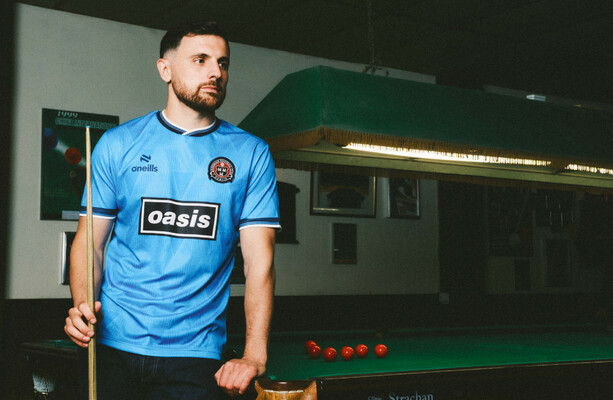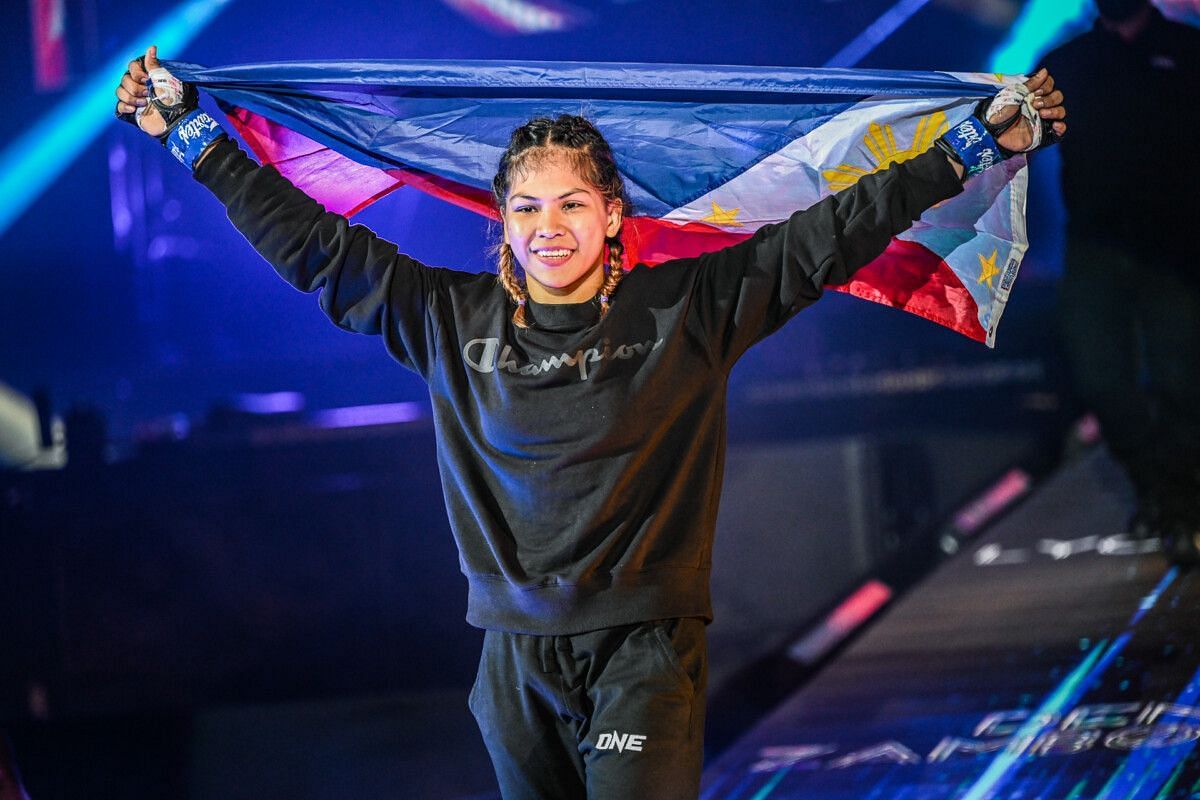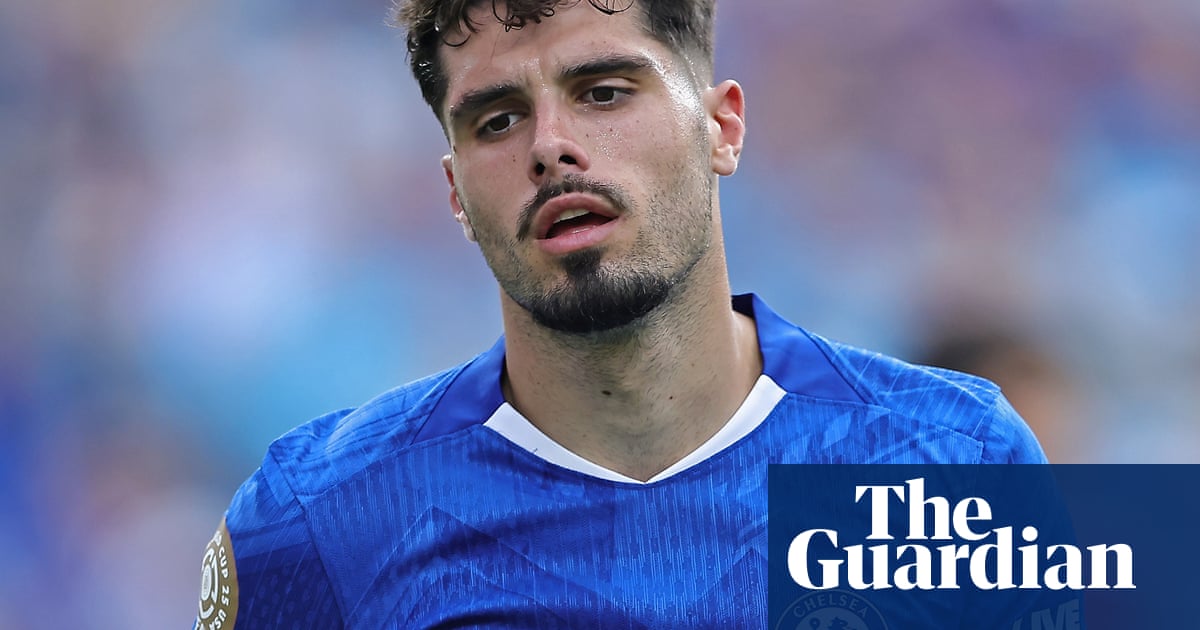Quarterfinals schedule, draw, talking points, heat, weather, Manchester City, Inter Milan

Just eight teams remain in the hunt for the FIFA Club World Cup, with a pair of upsets seeing two European powerhouses crash out with one legend’s boyhood dream still a possibility.Watch every game of The 2025 FIFA Club World Cup LIVE on Kayo Sports | New to Kayo? Get your first month for just $1. Limited time offer.Meanwhile, there could be something to be learned from the tournament ahead of next year’s World Cup, with one expert calling a brutal situation a “wake-up call” for organisers.Read on for some of the biggest talking points ahead of the Club World Cup quarterfinals!‘TERRIBLE HEAT’ A WORLD CUP ‘WAKE-UP CALL’Could the experiences of players at this year’s Club World Cup be a “wake-up call” for FIFA? That is what global footballers’ union FIFPro has warned, calling for longer half-time breaks at next year’s World Cup to mitigate the effects of extreme heat.Conditions have often been brutal for players at the Club World Cup due to the heat across much of the United States in summertime, with coaches of several competing teams complaining about the challenges posed by the temperatures.With the 2026 World Cup across North and Central America on the horizon, a FIFPro study warned that six of the 16 venues for next year’s tournament present an “extremely high risk” of heat-stress injury for players -- including Miami which is one of the cities hosting games at the Club World Cup.“This tournament is probably a really good wake-up call for everyone to look at the scheduling of matches in future tournaments,” said Alexander Bielefeld, FIFPro’s director of policy and strategic relations.Many matches during the Club World Cup have kicked off at midday local time or at 3:00 pm.Atletico Madrid’s Marcos Llorente complained of conditions being “impossible, a terrible heat” as his team lost 4-0 to Paris Saint-Germain in searing temperatures in Pasadena.Meanwhile, Juventus head coach Igor Tudor revealed 10 of his players asked to be substituted in their 1-0 loss to Real Madrid because “the exhaustion was incredible”.Man City OUT! Al Hilal claim ET thriller | 03:39“There’s the tension of this match, which burns your energy. Then there’s this heat, which really gets to you, and the third thing that completes the conditions is playing in this humidity,” he added.“All of these conditions make it much more difficult.”While the World Cup next year is now an obvious concern, the current debate also poses questions for the 2030 tournament set to be played in challenging summer heat in Spain, Portugal and Morocco.The organisation’s general secretary, Alex Phillips, said FIFPro had been in discussions with FIFA, world football’s governing body, about avoiding playing matches at the hottest times of the day at certain venues.However, he admitted they cannot ultimately do anything if, for example, FIFA chooses to play matches early in the afternoon in the United States in order to suit a prime-time audience in Europe.“That is basically what has happened with this tournament. We make a submission not to kick off at certain times, but then we have no veto,” said Phillips.“Based on this experience they are likely to be more flexible but we have no absolute power to force anything.“We will do our best to try to influence the outcome but without any formal coercive powers.” The union said it was happy with some measures put in place to deal with high temperatures at the Club World Cup, such as making more water and cold towels available by the pitch for players.“We are partially happy because FIFA have been quite responsive, once the tournament was underway,” Phillips said.Yet Vincent Gouttebarge, FIFPro’s medical director, suggested that half-time could be extended from 15 minutes to 20 minutes in the event of high temperatures.Benoit Badiashile sprays water on his face. Francois Nel/Getty Images/AFP Source: AFPHe also said that current protocols surrounding drinks breaks should be modified, insisting that stopping games half an hour into each half to allow players to rest and take on fluids was not enough.“We are looking at more regular cooling breaks, shorter ones, but maybe every 15 minutes,” he said.As well as issues with heat, six matches at the Club World Cup have been hit by lengthy delays due to widely-used rules in the United States that require outdoor sporting events to be halted if there is a chance of thunderstorms.FIFPro said it understood the inconvenience of those delays to matches but insisted its focus for now was on the dangers of excess temperatures.“It is at the moment a legal requirement in some US states so I don’t think there is much football can do at this point,” Bielefeld said of the interruptions.“Football would always take a health and safety approach.“If these are the laws then we have to work with it but of course we understand if a coach or players sees it as severely disruptive.”THE $289M REALITY EXPOSED BY SHOCK EXITSManchester City’s exit from the Club World Cup at the hands of Al-Hilal on Monday finally brought down the curtain on a poor season for Pep Guardiola’s side while they weren’t the only tournament heavyweight to go down, with Inter Milan also suffering a shock defeat.So, what is the takeaway from the two losses?Well, while it is hard to draw any conclusions for any of the major clubs next season, it did confirm that Europe’s powerhouses won’t have things all their own way at FIFA’s new competition.City looked ominous at the Club World Cup, scoring 13 goals en route to being the only team to win all three group matches.There was promise shown by pre-tournament signings Tijjani Reijnders, Rayan Ait-Nouri and Rayan Cherki, but City’s run abruptly ended with a 4-3 extra-time loss against the Saudi side in Orlando.City still leave with significant prize money, likely to be around $40 million, for their participation at the Club World Cup.Goals galore in WILD extra-time classic | 03:19Meanwhile, it brought a close to a trophyless season for Inter Milan, who went down 5-0 to PSG in the UEFA Champions League final and finished second in the Italian Serie A.Their exit means one of the semi-finalists is guaranteed to come from outside Europe, as Al-Hilal now face Fluminense in the last eight.Rio de Janeiro outfit Fluminense joined fellow Brazilians Palmeiras in making the quarters when the 2023 Copa Libertadores winners ousted Inter Milan in the last 16 on Monday.Fluminense have shown they should not be taken lightly, with 40-year-old former Paris Saint-Germain and Chelsea defender Thiago Silva marshalling their back line and Colombian winger Jhon Arias proving one of the players of the tournament.The narrative almost since the beginning at the tournament has been of Brazilian teams appearing most likely to stop what had always seemed an inevitable European triumph.But the last two years have shown that only a select band of mega-rich clubs in the Saudi Pro League can rival the spending of Europe’s elite.Al-Hilal, from the capital Riyadh and with a total squad value of over €161 million ($A289m) according to transfermarkt, are one of several Saudi teams who have been controlled by the Gulf country’s oil-funded Public Investment Fund.They missed out on this year’s domestic title to Al-Ittihad of Jeddah but are historically Saudi Arabia’s most successful team and qualified for the Club World Cup thanks to their AFC Champions League win in 2021.Simone Inzaghi left Inter Milan to become their coach just before the tournament, taking over a squad full of players lured from leading European teams by the riches on offer.That makes Inzaghi’s post-match comments about having to “climb Everest without oxygen to win the game” seem a little excessive.Al-Hilal must now be favourites against Fluminense, which would clear a path to a semi-final against Chelsea or Palmeiras.Inter OUT as Fluminense pull off miracle | 03:55FAIRYTALE STORY TAKES UGLY TURNThey were behind the first real big surprise win of the tournament, upsetting Paris St-Germain 1-0. Once fallen giants, Botafogo were the talk of the football world — and for all the right reasons.They were no longer the team that had been relegated three times in just over a decade or the one with over $1 billion reais ($AUD280m) in debt before American entrepreneur John Textor took over ownership in 2022.Instead, they were one of the early fairytale stories to come out of the Club World Cup, defending resiliently and countered well to stun the French champions.How quickly things can change.By the end of the tournament Botafogo had sacked coach Renato Paiva.In some ways it wasn’t necessarily that unexpected considering before the memorable PSG upset, Botafogo had been on a downward trend under Paiva.That changed in the lead-up to the Club World Cup as the team started to turn it around on their way to qualifying for the tournament, but a poor performance against Palmeiras put his position under question again.Strangely, however, reports overseas claimed the Brazilian team actually ended up cutting ties with Paiva for not letting Textor have a say in picking the team.Now, there were legitimate reasons to be critical of Paiva’s decision to play three defensive midfielders against Palmeiras, even if a similar ultra-defensive tactic paid off against PSG.But the reports suggested Paiva had made the call to play that formation against Textor’s will.Paiva said he was “shocked” by his sudden dismissal and that staff and players were also “open-mouthed about the decision”.Botafogo’s head coach Renato Paiva was sacked. (Photo by JUAN MABROMATA / AFP) Source: AFPTEARY LEGEND OVERCOME BY EMOTION AS BOYHOOD DREAM CONTINUESTry telling Thiago Silva that winning the Club World Cup doesn’t mean anything.The Brazil international, now 40 years old, returned to boyhood club Fluminense after his contract with Chelsea expired at the end of last season.It was an emotional return for the prodigal son, who last played for Fluminense between 2006 and 2008, in front of 55,000 people at Maracana Stadium.But Silva, having already enjoyed success in stops at Milan, Paris Saint-Germain and Chelsea throughout his career, didn’t want to just play again for the club where it all began.He wanted to thrive. He wanted to revitalise his career and, more than anything else, he wanted to win a title with them.That opportunity has come at the Club World Cup and after upsetting Inter Milan to book a quarterfinal berth against Al-Hilal, Silva is three more wins away from that dream becoming a reality.Thiago Silva celebrates as Hakan Calhanoglu looks dejected. Buda Mendes/Getty Images/AFP Source: AFPSpeaking to FIFA ahead of the tournament, Silva spoke to the serious responsibility he felt putting on his boyhood jersey again in what he conceded would “probably” be his final season as a player.“I always try to speak from the heart. I could never have dreamt of experiencing that moment in my wildest dreams,” he said.“Putting on that shirt again after a successful spell away in Europe comes with huge responsibility. What I want most from these latter stages of my career is to win a title in that shirt.“This is going to be a special year, and I hope that God blesses us with at least one major trophy in what will probably be my last year as a player.”SCENES as Fluminense upset Inter Milan | 01:56They weren’t just words either. The emotion was there for everyone to see after Fluminense’s win over Inter, as Thiago fell to the ground in tears and footage was also later released of the emotional 40-year-old delivering a stirring message to his teammates before the game.Silva, who admitted after the game to playing through a hamstring injury, had eight clearances in the 2-0 win and has wound back the clock in an inspirational performance to lead the Brazilians to the quarterfinals.















